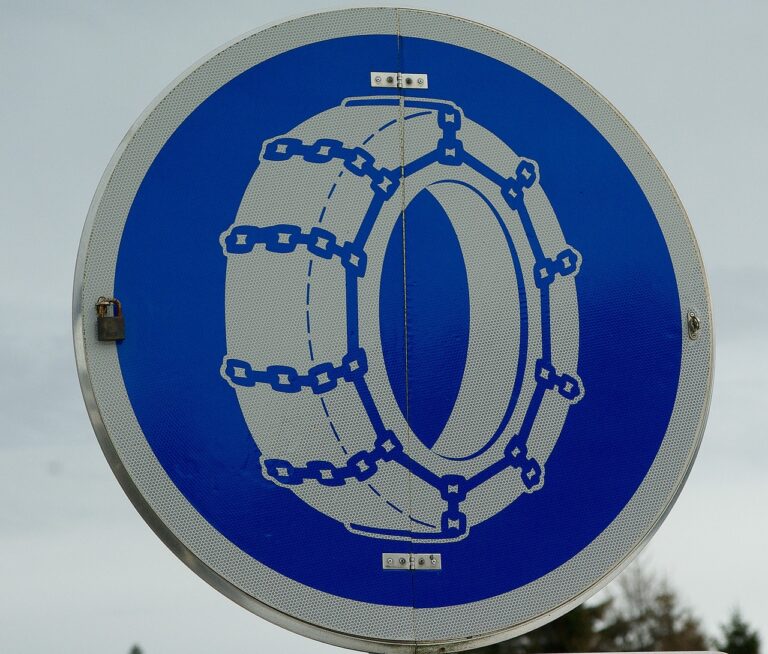The Role of Blockchain in Automotive Vehicle Registration and Title Management
Blockchain technology is a decentralized and distributed ledger system that securely records transactions across a peer-to-peer network. Each block in the chain contains a cryptographic hash of the previous block, timestamped transaction data, and is resistant to modification, providing transparency and immutability to the recorded information. This technology eliminates the need for intermediaries and offers a high level of security due to encryption and consensus mechanisms.
One key feature of blockchain is its ability to create smart contracts, self-executing agreements with the terms directly written into code. This automates and enforces the execution of contracts, reducing the need for manual involvement and increasing efficiency in various industries. Blockchain technology has the potential to revolutionize sectors beyond finance, such as supply chain management, healthcare, and voting systems, by offering a tamper-proof and efficient way to record and track data.
Advantages of Blockchain in Vehicle Registration
Blockchain technology offers numerous advantages in the field of vehicle registration. Firstly, the immutable and transparent nature of blockchain enhances the security of vehicle registration data by preventing alteration or unauthorized access. This ensures that all information stored on the blockchain remains tamper-proof, providing a high level of trust and integrity in the registration process.
Secondly, blockchain technology streamlines the registration process by eliminating the need for intermediaries and reducing paperwork. By utilizing smart contracts, transactions can be automated, thereby increasing the efficiency of registering vehicles. This not only saves time but also reduces the potential for errors in the registration process, leading to a more seamless and reliable system overall.
Challenges of Implementing Blockchain in Title Management
Some of the challenges faced when implementing blockchain technology in title management include the complexity of integrating existing systems with blockchain platforms. Many title management processes are deeply entrenched in traditional systems, making the transition to blockchain technology a complex and time-consuming endeavor. This integration process often requires significant investment in both time and resources to ensure seamless interoperability between the new blockchain system and the existing infrastructure.
Another challenge is the issue of data privacy and security. While blockchain technology is known for its high level of security due to its decentralized and immutable nature, there are still concerns regarding the privacy of sensitive information stored on the blockchain. Ensuring that personal and confidential data related to vehicle titles is securely stored and protected from unauthorized access or tampering is crucial in the implementation of blockchain technology in title management. Finding the right balance between transparency and data privacy poses a significant challenge in the adoption of blockchain for managing vehicle titles.
• Integrating existing systems with blockchain platforms
• Complexity and time-consuming nature of the transition process
• Significant investment in time and resources required for seamless interoperability
• Data privacy and security concerns
• High level of security provided by blockchain technology
• Ensuring personal and confidential data protection from unauthorized access or tampering
• Balancing transparency with data privacy
• Finding the right approach to managing sensitive information on the blockchain platform
What is blockchain technology?
Blockchain is a decentralized, distributed ledger technology that securely records transactions across multiple computers.
What are the advantages of using blockchain in vehicle registration?
Some advantages include increased security, transparency, efficiency, and reduced chances of fraud or tampering with registration records.
What are some challenges of implementing blockchain in title management?
Challenges include scalability issues, regulatory concerns, interoperability with existing systems, and the need for consensus among stakeholders.
How can these challenges be addressed?
To address these challenges, stakeholders need to work together to establish standards, regulations, and protocols for implementing blockchain in title management systems. Additionally, scalability solutions and interoperability frameworks can be developed to ensure smooth integration with existing systems.







